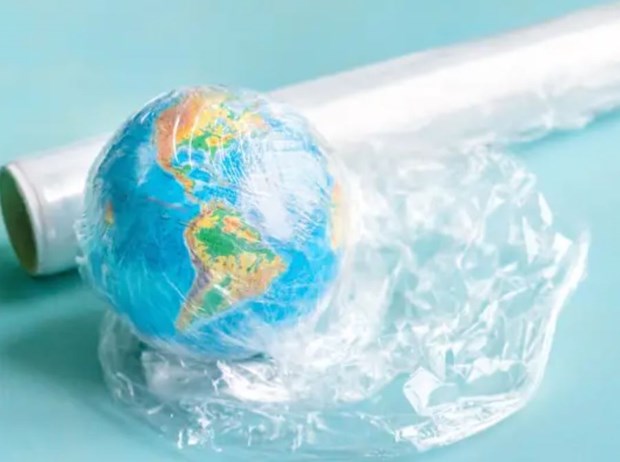The Government of Canada is rolling out ambitious plans to reduce plastic pollution through a holistic approach to the entire plastic life cycle.
This approach attempts to move Canada away from a linear economic model (which causes pressures of resource depletion and increased waste), towards a circular economy that can keep plastics in economy, but eliminates negative environmental impacts through higher rates of reuse, remanufacturing, better designed products, etc.
Under the plan, the Government of Canada will ban companies from importing or manufacturing six plastic products including single-use plastic bags, food containers, straws, stir sticks, cutlery and plastic belts for 6 cans by the end of this year.
These products will be banned from sale from the end of next year and banned from export from the end of 2025.

Canada’s Minister of Environment and Climate Change, Steven Guilbeault acknowledged that Canada was not the first to ban plastic, but affirmed that the North American country was among the leaders.
Mr. Guilbeault said that in addition to banning some products, the introduction of regulations to ensure that plastic manufacturers use more and more recycled plastic is also part of the solution.
Canada intends to enact standards to force companies to use recycled plastics to increase their recyclability.
In Canada, some retailers have taken action before the government. Sobeys phased out single-use plastic bags at checkouts by 2020, Walmart followed suit in April 2022.
Loblaws announced it will ban plastic bags in the spring of 2023. Many fast food restaurants have also replaced plastic straws with paper versions in the past few years.
In 2023, the Government of Canada is expected to develop new labeling standards related to the “recyclable” mark on products and labeling regulations for biodegradable plastic products.
After this regulation is in place, Canada will issue specific instructions on banning the import of products with plastic packaging that do not bear the recycling symbol.
Although there is no mandatory regulation on the labeling of plastic packaging with the recycling symbol, now Canadian processed food businesses have begun to aggressively design and find suppliers of various types of recyclable plastic packaging.
Canada’s new regulations on plastic packaging could impact Vietnam’s exports of processed foods and other products to this market.
The Vietnamese Trade Counselor in Canada recommends that Vietnamese processed food manufacturers pay special attention to Canada’s new regulations on plastic waste.


 中文 (中国)
中文 (中国)